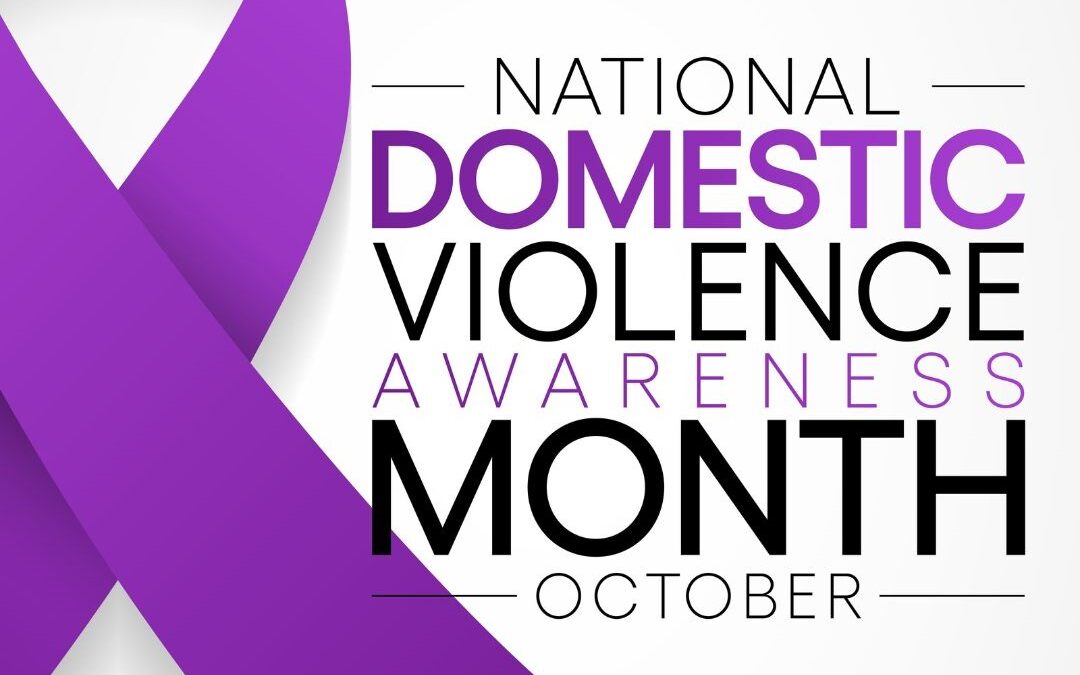October is Domestic Violence Awareness Month, and it’s important for businesses to recognize that this issue doesn’t stay at home—it impacts the workplace too. Domestic violence not only affects the victim’s well-being but also contributes to absenteeism, productivity loss, and overall workplace safety concerns. At JB Consulting Systems (JBCS), we believe that employers have a critical role to play in creating a supportive and secure environment for employees facing such challenges.
According to the Centers for Disease Control and Prevention (CDC), one in four women and one in ten men will experience domestic violence in their lifetime. These issues spill over into the workplace, affecting 21% of full-time employees, with many experiencing harassment at work as a direct result. Yet, many companies are unprepared, with 65% lacking a formal domestic violence prevention policy.
HR’s Key Responsibilities:
- Establish Comprehensive Domestic Violence Policies: Domestic violence should not be lumped in with general workplace violence or harassment policies. A standalone policy acknowledges the pervasiveness of the issue and outlines clear procedures to support employees, including accommodations for off-duty conduct that may affect work.
- Check state and Local laws for protections employees: Washington state as well as other states in the country have laws that specifically protect victims of domestic violence. In fact, victims of domestic violence are a protected class in Washington state. Laws often protect the right of the worker to take time off (without losing their job) for time needed for court, safety training, meetings with law enforcement, going into hiding or a shelter, seeking counseling and other activities and more.
- Confidentiality is Critical: When an employee discloses domestic violence, their privacy must be protected. Information should be kept confidential and shared only on a need-to-know basis to ensure their safety and comfort in the workplace.
- Provide Targeted Training: Managers and supervisors should be trained to recognize the signs of domestic violence and know how to respond sensitively. Training must be mandatory to ensure all staff are equipped to support victims, while EAPs and local domestic violence resources should be promoted as part of this education.
- Create a Safe Workplace: Employees experiencing domestic violence may need safety accommodations, such as changes in their schedule, security escorts, or workspace adjustments. Collaborating with security teams to develop individualized safety plans is crucial in preventing workplace tragedies.
- Executive Commitment is Key: To effectively address domestic violence in the workplace, commitment from top-level management is essential. Executives must understand the business case for supporting employees and prioritize policies and programs that protect them.
As Kim Wells, Executive Director of the Corporate Alliance to End Partner Violence, states: “Domestic violence walks through the doors of every workplace.” Employers are in a unique position to provide critical support and prevent further harm. By implementing proactive policies, offering training, and fostering a supportive environment, we can make a real difference in the lives of those affected by domestic violence.
At JBCS, we encourage all businesses to take this October as an opportunity to review and strengthen their domestic violence policies. Together, we can create workplaces that are not only safe but also supportive for all employees.

